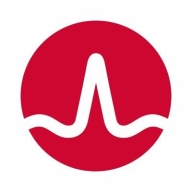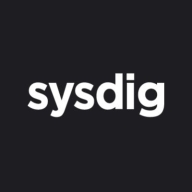

Find out what your peers are saying about Akamai, Broadcom, SentinelOne and others in Cloud and Data Center Security.
| Product | Market Share (%) |
|---|---|
| Symantec Data Center Security | 2.8% |
| Illumio | 18.4% |
| Akamai Guardicore Segmentation | 17.6% |
| Other | 61.2% |
| Product | Market Share (%) |
|---|---|
| Sysdig Secure | 3.3% |
| Wiz | 17.4% |
| Prisma Cloud by Palo Alto Networks | 12.4% |
| Other | 66.9% |

| Company Size | Count |
|---|---|
| Small Business | 5 |
| Midsize Enterprise | 2 |
| Large Enterprise | 5 |
| Company Size | Count |
|---|---|
| Small Business | 6 |
| Midsize Enterprise | 2 |
| Large Enterprise | 5 |
Docker containers make it easy to develop, deploy, and deliver applications where containers can be deployed and brought down in a matter of seconds. This flexibility makes it very useful for DevOps to automate deployment of containers. Symantec Data Center Security: Server Advanced provides agentless Docker container protection that allows you to achieve the performance benefits of Docker without sacrificing security. Full application control enables administrator privilege de-escalation, patch mitigation, and protection against zero day threats in today's heterogeneous data centers.
In the cloud, every second counts. Attacks move at warp speed, and security teams must protect the business without slowing it down. Sysdig stops cloud attacks in real time, instantly detecting changes in risk with runtime insights, a unique AI architecture, and open source Falco. Sysdig delivers live visibility by correlating signals across cloud workloads, identities, and services to uncover hidden attack paths. By knowing what is running, teams can prioritize the vulnerabilities, misconfigurations, permissions, and threats that matter most. From prevention to defense, Sysdig helps enterprises move faster and focus on what matters: innovation.
Sysdig. Secure Every Second.
We monitor all Cloud and Data Center Security reviews to prevent fraudulent reviews and keep review quality high. We do not post reviews by company employees or direct competitors. We validate each review for authenticity via cross-reference with LinkedIn, and personal follow-up with the reviewer when necessary.